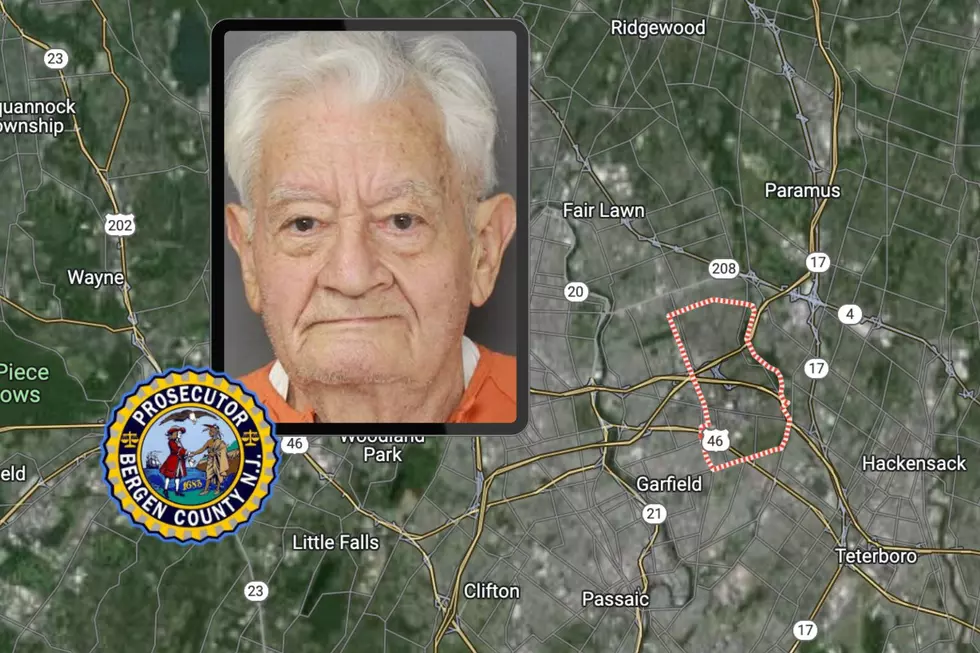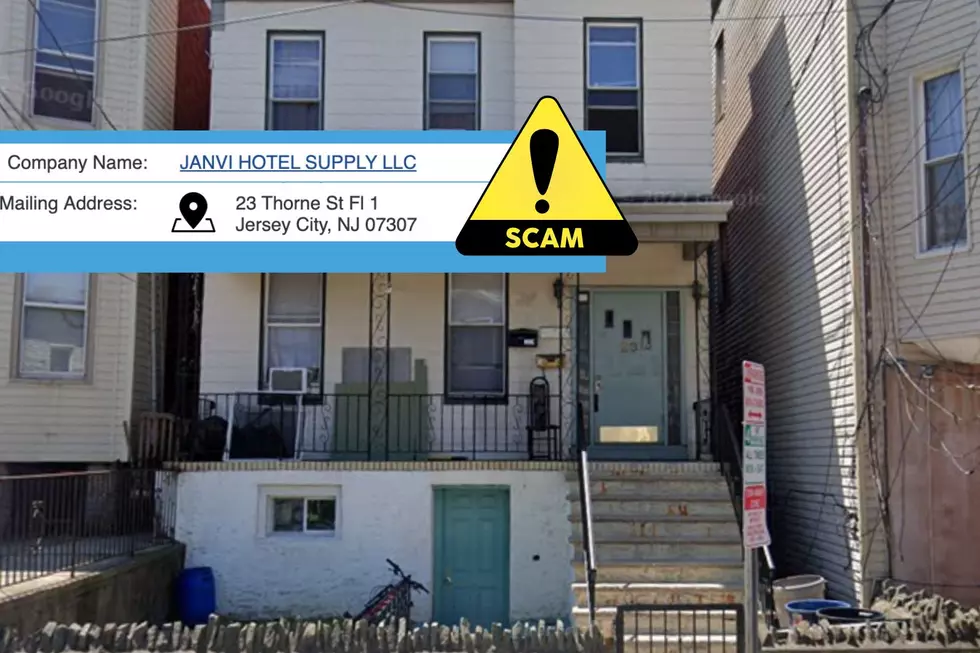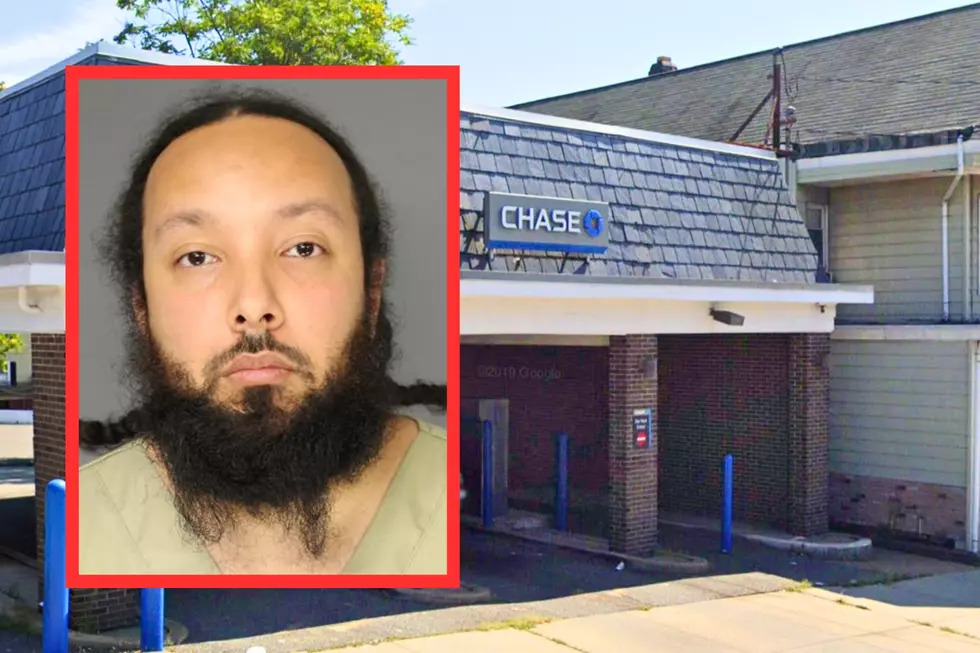
Demand for NJ Domestic Violence Services has Skyrocketed During Pandemic
Initial lockdown orders prompted by the coronavirus pandemic made it more difficult for survivors of domestic violence to make a call for help.
But as the Garden State slowly opened up, so did these victims' window for finding a way out of their unsafe living arrangements. Data shared by organizations and the state show just how much demand has increased for safe housing and shelter, or just someone to talk to.
"It's just a cocktail of the worst possible conditions," Sheila Bernstein, a community educator with Bergen County-based Center for Hope and Safety, said of the COVID-19 crisis. "But you can get out on the other side and live a life that's violence-free. Everybody deserves that."
From 2019 to 2020, calls to the nonprofit's hotline jumped 46%. The hotline "seemed to go silent" when the pandemic first started affecting New Jersey in March 2020, according to Bernstein. Then a surge arrived in early summer. And the intensity of the calls was much greater than the period pre-pandemic.

"Isolation is one of the biggest tools used by an abuser," Bernstein said.
According to the state Department of Children and Families, hotline calls and requests for services related to domestic violence increased by 63% in 2020 compared to 2019.
"To supplement shelter capacity, domestic violence providers have used placements in hotels and motels and provided rental assistance," DCF spokesman Jason Butkowski said.
Hotel/motel placements increased from just 2 in 2019 to more than 1,000 in 2020, he said.
"Survivors are also staying in shelters longer during the pandemic, as housing remains limited," he said.
Bernstein, a survivor of domestic abuse, said as more gatherings take place in New Jersey during recovery from the pandemic, family and loved ones have a chance to recognize signs of domestic violence among others.
"People might pick up on things like, if someone's significant other is humiliating them in public, talking down to them, or someone suddenly stops attending family functions," she said. "The first thing you say is, 'I'm listening, I'm here for you, and if something is happening, this is not your fault.' What you do not say to them is, 'Get out out of there right now.'"
Leaving an abuser is a process that works on the victim's timeline, not the timeline of a concerned relative or friend, Bernstein said. On average, she said, it takes a victim seven attempts to leave an abuser.
LOOK: The most famous actress born the same year as you
More From WPG Talk Radio 95.5 FM










